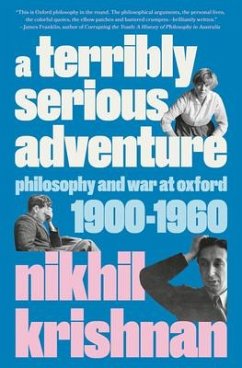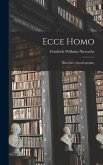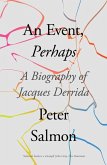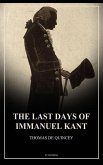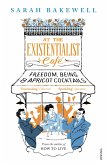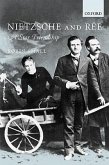"What are the limits of language? How can philosophy be brought closer to everyday life? What is a good human being? These were among the questions that philosophers wrestled with in mid-twentieth-century Britain, a period shadowed by war and the rise of fascism. In response to these events, thinkers such as Philippa Foot (originator of the famous trolley problem), Isaiah Berlin, Iris Murdoch, Elizabeth Anscombe, Gilbert Ryle, and J. L. Austin aspired to a new level of watchfulness and self-awareness about language as a way of keeping philosophy true to everyday experience. A Terribly Serious Adventure traces the friendships and the rivalries, the shared preoccupations and the passionate disagreements of some of Oxford's most innovative thinkers. Far from being stuck in their ivory towers, the Oxford philosophers lived. They were codebreakers, diplomats, and soldiers in both World Wars, and they often drew on their real-world experience in creating their greatest works, masterpieces of British modernism original in both thought and style"--
Hinweis: Dieser Artikel kann nur an eine deutsche Lieferadresse ausgeliefert werden.
Hinweis: Dieser Artikel kann nur an eine deutsche Lieferadresse ausgeliefert werden.

